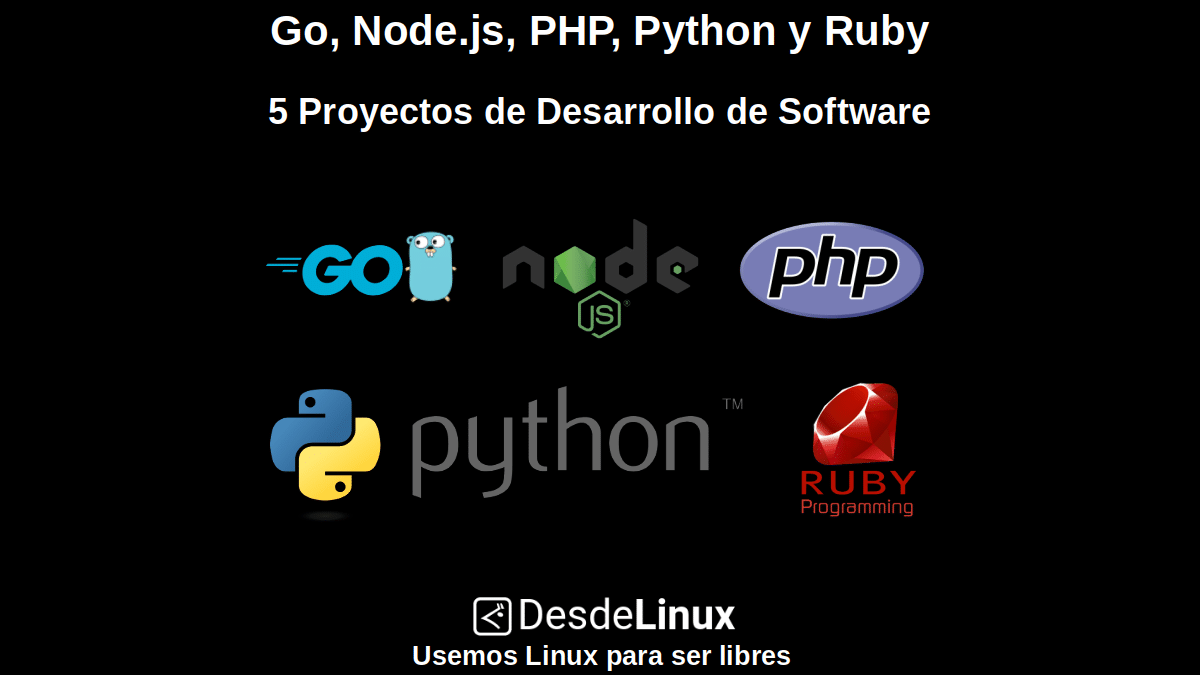
Go, Node.js, PHP, Python and Ruby: 5 Software Development Projects
It is no secret to anyone that most of the GNU / Linux users have on average a higher level of computer literacy than the typical computer user Windows and MacOS. This is often due to the fact that we usually install, configure and fix our own Free and open operating systems for our own daily and professional tasks.
Being one of the most common professions or trades of Linux Users, Technical Support, Administration of Servers and Systems, and Programming under various languages such as Go, Node.js, PHP, Python and Ruby, among many others, and from other areas related to Informatics and Computing.
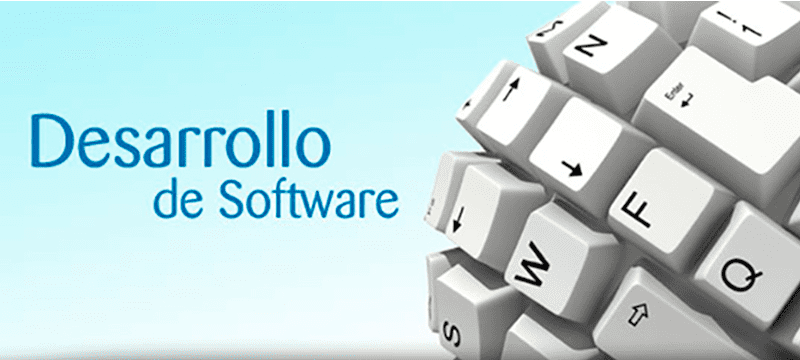
Software Development on GNU / Linux: Editors, IDEs and Distros
With regards to Programming Languages (Software development)Today, this is a highly demanded professional field, since it is a fundamental tool that shapes the world in which we live. Therefore, their learning constitutes not only a excellent job opportunity, but an opportunity to improve the formal logical reasoning of each individual.
Therefore, today we will recommend 5 Open Software Development Projects to learn / strengthen about GNU / Linux, and these are: Go, Node.js, PHP, Python and Ruby.
Software Development in DesdeLinux
Before I jump right in on Go, Node.js, PHP, Python and Ruby, we want to recommend to readers that after reading this publication they can explore the following entries related to the same field to complement the reading and knowledge about the field of Software Development on GNU / Linux:
"Currently, the GNU / Linux Applications Ecosystem has a wide and excellent list of programs for Software Development (Applications and Systems) that well installed, configured and installed within a GNU / Linux Distribution can cover a wide spectrum of possibilities of programming languages." Turn your GNU / Linux into a Distro suitable for Software Development
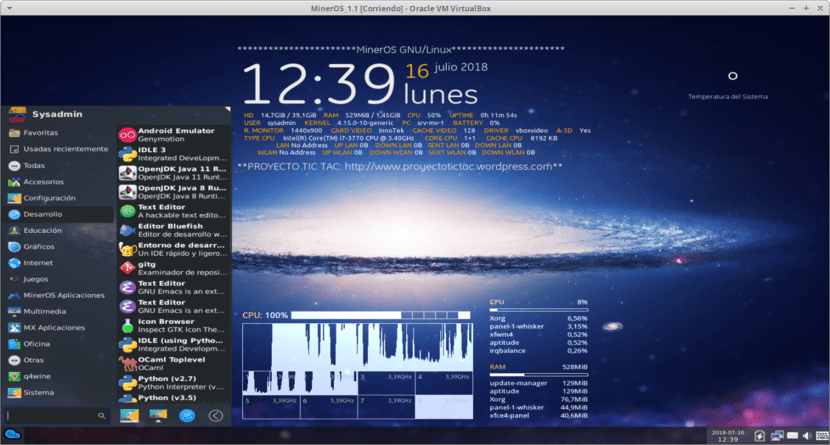
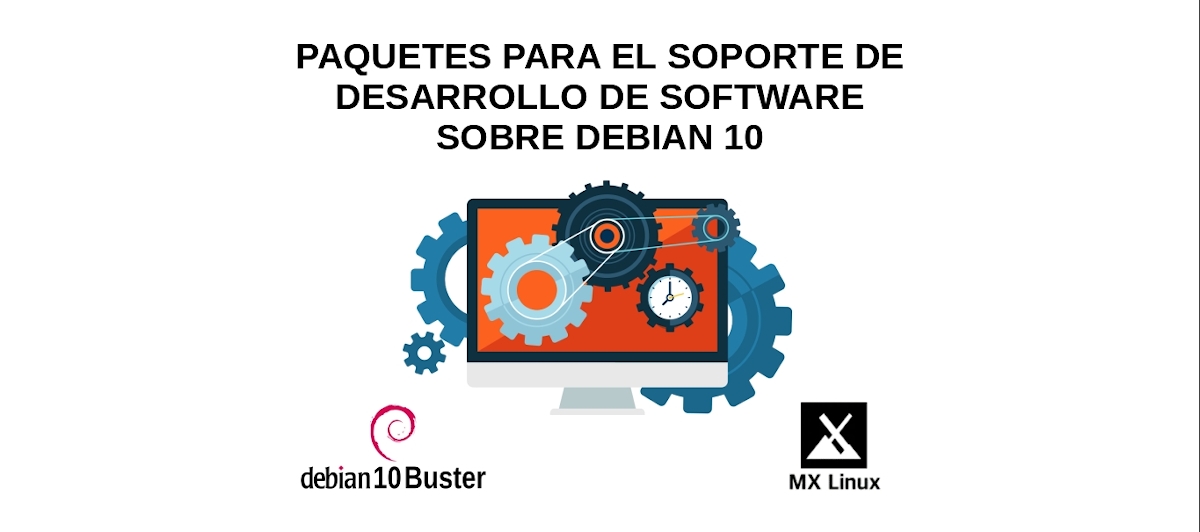

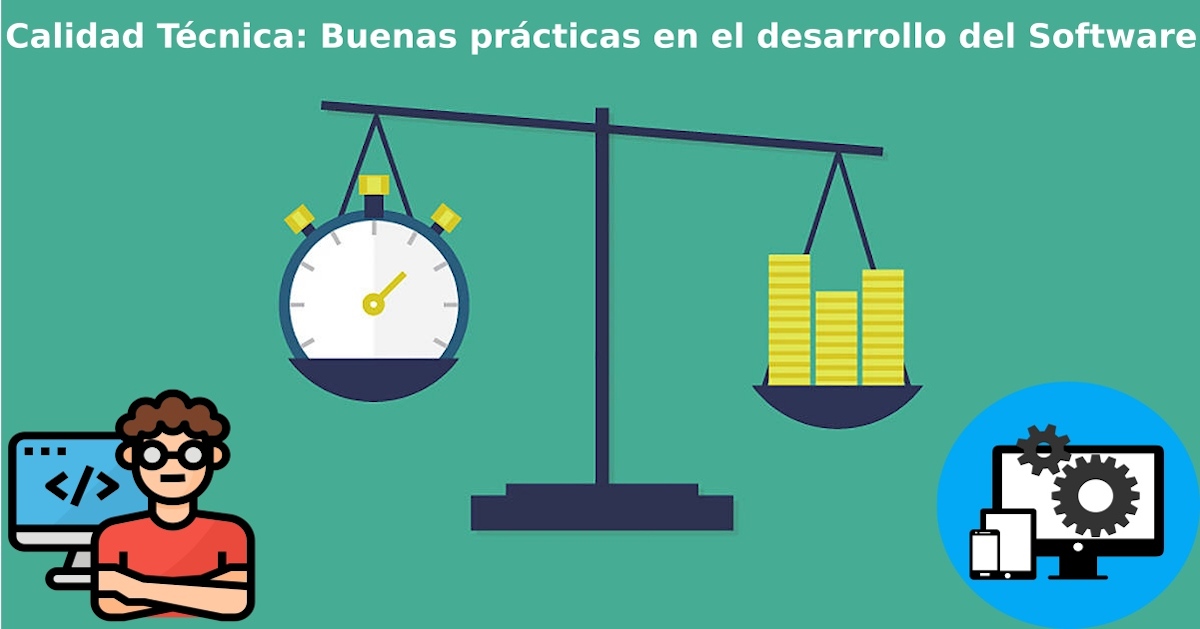

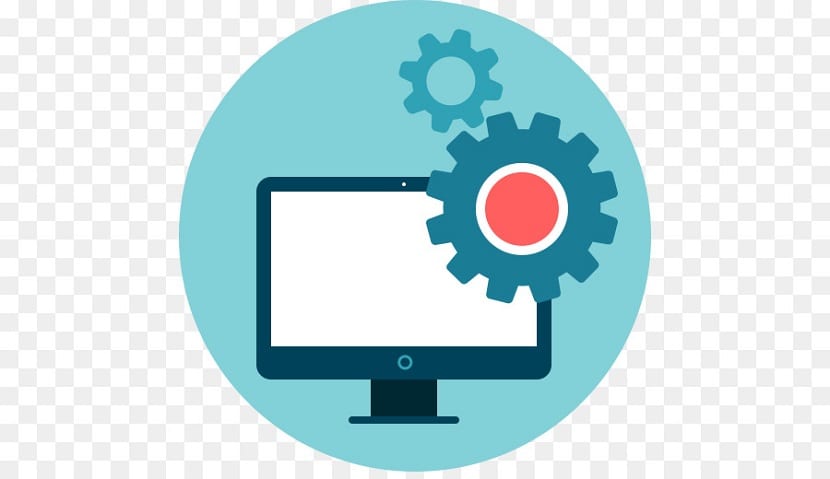


Go, Node.js, PHP, Python and Ruby: Open Programming Languages
Now, 5 Open Programming Languages that we recommend learning and using about GNU / Linux:
What is Go?
According to his Official website, the same is:
"An open source programming language that facilitates the creation of simple, reliable and efficient software."
While in another alternate official website is described as:
"An open source programming language supported by Google, with which you can create fast, reliable and efficient software at scale. It is easy to learn and easy to use. It has built-in concurrency and a robust standard library. And it's embedded in a growing ecosystem of partners, communities, and tools."
On both websites there is a rough and excellent free and open documentation, in english, for your download, installation and learning, however, if you want Learn more you can visit the following link, with more information in Spanish.
What is Node.js?
According to his Official website, the same is:
"A runtime environment for JavaScript built with Chrome's V8 JavaScript engine. "
While later on they add the following:
"It is iDeigned as an asynchronous event-driven JavaScript runtime environment, Node.js is designed to build scalable network applications. Furthermore, its users are free to worry about the process crashing as it does not exist. Almost no functions of it perform I / O processes directly, so the process never hangs. It is similar in design and is influenced by systems like Ruby's Event Machine and Python's Twisted. But it takes the event model a little further, since it includes an event loop as a runtime instead of a library. "
On its website it has a very good and excellent free and open documentation, in english, for your download, installation and learning, however, if you want Learn more you can visit the following link, with more information in Spanish.
What is PHP?
According to his Official website, the same is:
“A popular general-purpose scripting language especially suited for web development. Fast, flexible, and pragmatic, PHP powers your blog to the world's most popular websites."
While later on they add the following:
“PHP (recursive acronym for PHP: Hypertext Preprocessor) is a very popular open source language especially suitable for web development and can be embedded in HTML. Since, instead of using many commands to display HTML (as in C or Perl), PHP pages contain HTML with embedded code that does "something" specific. PHP code is enclosed between special start and end tags that allow you to enter and exit "PHP mode"."
On its website it has a very good and excellent free and open documentation, in both English and Spanish, for your download, installation and learning, however, if you want Learn more you can visit the following link, which offers more information in Spanish through built-in automated translation.
What is Python?
According to his Official website, the same is:
“It is a programming language that allows you to work quickly and integrate systems more efficiently."
While later on they add the following:
“It is a powerful and fast programming language that integrates well with others and runs everywhere. It is also friendly and easy to learn. Python is developed under an OSI-approved open source license, making it free to use and distribute, even for commercial use. The Python license is managed by the Python Software Foundation."
On its website it has a very good and excellent free and open documentation, in english, for your download, installation and learning, however, if you want Learn more you can visit the following link, which offers more information in Spanish and other languages.
What is Ruby?
According to his Official website, the same is:
"A dynamic and open source programming language focused on simplicity and productivity. Its elegant syntax feels natural to read and easy to type. "
While later on they add the following:
“Ruby is a carefully balanced language. Its creator, Yukihiro “Matz” Matsumoto, mixed parts of his favorite languages (Perl, Smalltalk, Eiffel, Ada, and Lisp) to form a new language that incorporated both functional and imperative programming. He has often stated that he is "trying to make Ruby natural, not simple," in a way that resembles real life."
On its website it has a very good and excellent free and open documentation, in english, for your download, installation and learning, however, if you want Learn more you can visit the following 2 links, link 1 y link 2, which offer more information in Spanish.

If you want to know more about other technologies (tools) current widely used for the Software development you can click the following link: Technology -> Stack Overflow Developers Survey 2020.

Conclusion
We hope this "useful little post" about «Go, Node.js, PHP, Python y Ruby», which are 5 software development projects, that is, open programming languages that are very fashionable among Software Developers, today worldwide; is of great interest and utility, for the entire «Comunidad de Software Libre y Código Abierto» and of great contribution to the diffusion of the wonderful, gigantic and growing ecosystem of applications of «GNU/Linux».
For now, if you liked this publicación, Do not stop share it with others, on your favorite websites, channels, groups or communities of social networks or messaging systems, preferably free, open and / or more secure as Telegram, Signal, Mastodon or another of Fediverse, preferably. And remember to visit our home page at «DesdeLinux» to explore more news, as well as join our official channel of Telegram from DesdeLinux. While, for more information, you can visit any Online library as OpenLibra y jedit, to access and read digital books (PDFs) on this topic or others.
If you had to bet on one, which would it be?
Greetings Luix! Thanks for your comment. It depends on the project you plan to develop, since each programming language is good at different things. However, a fellow Software Developer, who I asked the same question, told me that: Node has a very stable performance on the web, also because its similar to JavaScript makes it easy to learn. Also for its ease of creating scalable and innovative applications. Another commented to me the following: The most robust of those mentioned are Python and Go as a solution (replacement) for Java in Android and Php, Node.js and Ruby are good, but they fall short in scalability. And one last comment that: Ruby seems interesting in its architecture but immensely problematic to keep up to date the compatibility of its libraries over time. Which seems to him widely used due to its way of approaching object orientation and its frameworks that solve a large part of the functions that in other languages must be programmed by hand. Anyway, I hope these comments from my colleagues will guide you a bit.